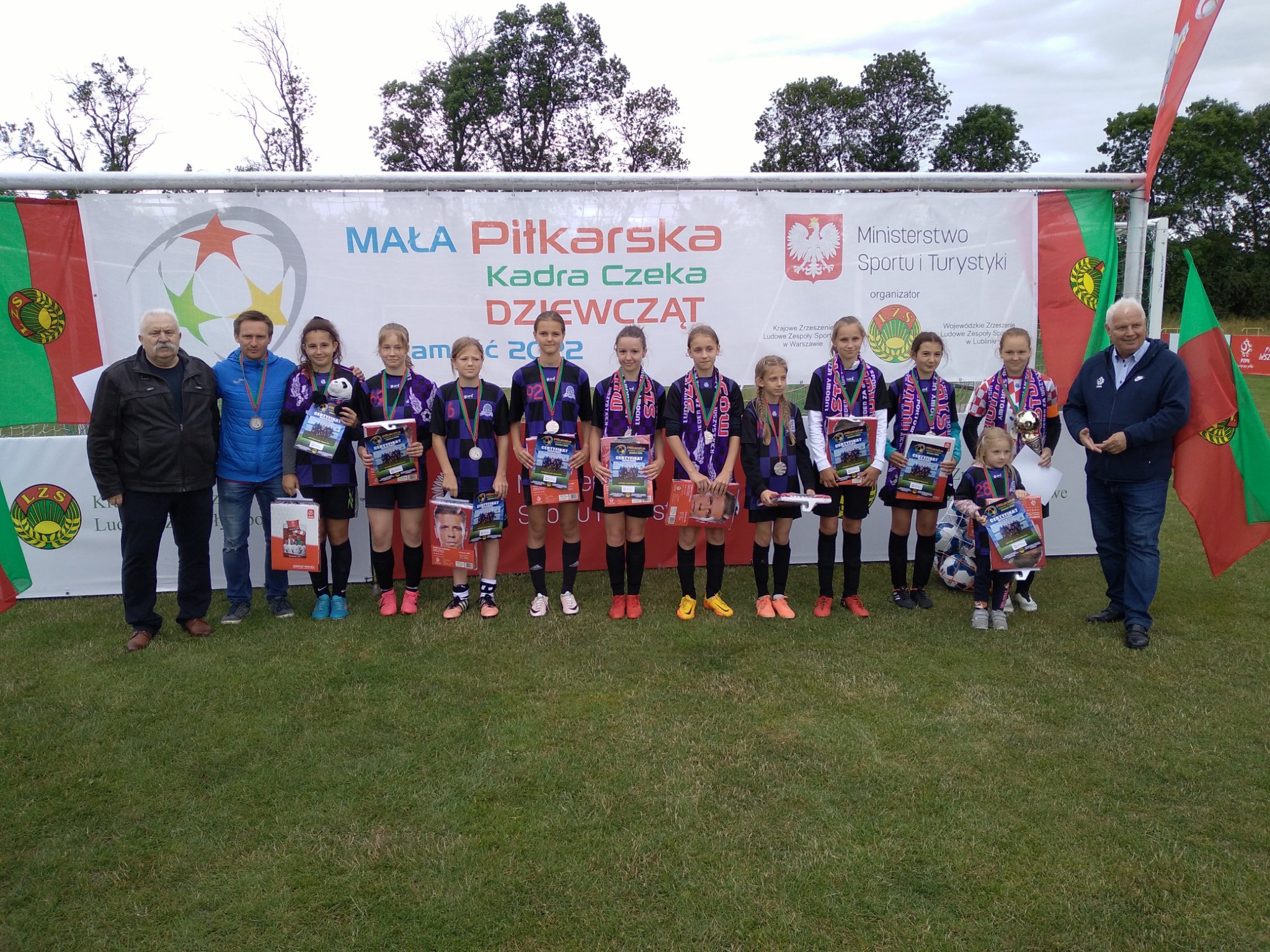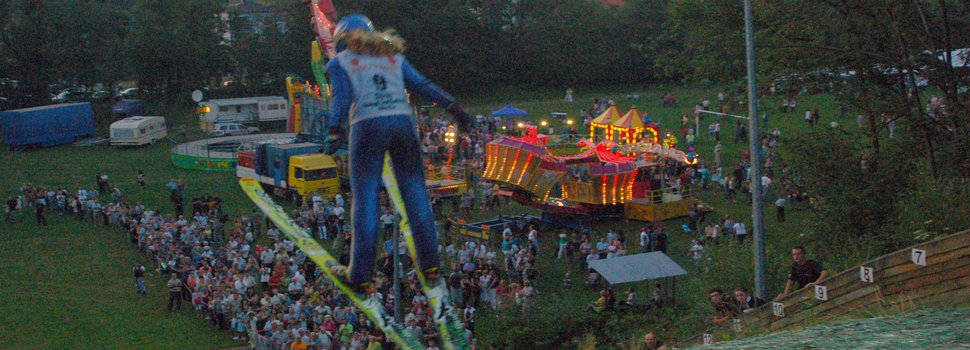Krajowe Zrzeszenie Ludowe Zespoły Sportowe (LZS), which translates to the National Association of Rural Sports Clubs, is a significant organization in Poland. It focuses on promoting sports and physical activity in rural areas. Its history, structure, and activities are deeply intertwined with the social and cultural fabric of the Polish countryside.
Let's delve into the meaning of the name. "Krajowe" means national, signifying its nationwide scope. "Zrzeszenie" implies an association or federation, highlighting its role as an umbrella organization. "Ludowe" translates to people's or folk, emphasizing its connection to the rural population. Finally, "Zespoły Sportowe" means sports clubs, clearly indicating its focus on sports activities.
History and Evolution
The roots of LZS trace back to the post-World War II era. In the years following the war, Poland underwent significant social and political changes. There was a need to rebuild the country, including its social and cultural life, particularly in rural areas. Sport was seen as a crucial element in this reconstruction, fostering community spirit and promoting healthy lifestyles.
LZS was officially established in 1947. The initial goal was to provide access to sports and recreational activities for the rural population. This included organizing local sports clubs, competitions, and training programs. Over the years, LZS adapted to the changing socio-political landscape of Poland.
Throughout the communist era, LZS played an important role in promoting sports and physical education in rural schools and communities. After the fall of communism in 1989, LZS underwent a period of transformation, adapting to the new market economy and democratic system. It continues to operate as a non-governmental organization, relying on a combination of government funding, sponsorships, and membership fees.
Structure and Organization
LZS operates as a hierarchical structure, with local clubs forming the foundation. These local clubs, known as Ludowe Zespoły Sportowe, are the primary units where sports activities take place. They can focus on a variety of sports, depending on the interests and resources of the local community.
Above the local clubs are regional or district associations. These regional bodies coordinate activities between clubs in their respective areas. They organize regional competitions and provide support to local clubs. The next level is the national organization, Krajowe Zrzeszenie LZS, which sets the overall strategy and policies for the entire organization. This national body represents LZS at the national and international levels.
The organizational structure of LZS is designed to ensure that sports and recreational opportunities are accessible to people in all parts of rural Poland. It allows for a bottom-up approach, where local communities have a say in the types of sports and activities that are offered.
Activities and Programs
LZS is involved in a wide range of activities aimed at promoting sports and physical activity in rural areas. These activities include organizing sports competitions at local, regional, and national levels. These competitions cover a diverse range of sports, including football, volleyball, athletics, table tennis, and cycling.
LZS also organizes training programs for athletes and coaches. These programs are designed to improve the skills and knowledge of participants, helping them to reach their full potential. They often partner with other sports organizations and educational institutions to provide high-quality training opportunities. Moreover, LZS actively promotes grassroots sports development, focusing on encouraging children and young people to participate in sports.
Another important aspect of LZS's work is the promotion of healthy lifestyles. They organize events and campaigns to raise awareness about the benefits of physical activity and healthy eating. This includes promoting sports as a means of combating obesity and other health problems prevalent in rural communities.
Significance and Impact
LZS plays a crucial role in the social and cultural life of rural Poland. It provides opportunities for people of all ages to participate in sports and recreational activities. This helps to build community spirit, promote social inclusion, and improve the overall quality of life in rural areas.
The organization's impact extends beyond just sports. LZS contributes to the development of leadership skills among its members. Many individuals who have been involved in LZS have gone on to become leaders in their communities and in other fields. LZS also helps to preserve and promote rural traditions and culture. By organizing local festivals and events, it celebrates the unique identity of rural communities.
The work of LZS is particularly important in addressing the challenges faced by rural communities in Poland. These challenges include limited access to resources, social isolation, and a lack of opportunities. By providing access to sports and recreational activities, LZS helps to overcome these challenges and empower rural communities.
Examples of LZS Activities
Imagine a small village in Poland. The local Ludowy Zespół Sportowy might organize a football tournament every summer. This event brings together teams from neighboring villages, creating a sense of community and friendly competition. The tournament becomes a highlight of the summer for both participants and spectators.
Or consider a regional LZS association organizing a cycling race through the countryside. This event not only promotes cycling as a sport but also showcases the natural beauty of the region. It can also attract tourists and boost the local economy. The cycling race encourages a healthy outdoor activity.
Finally, think about a national LZS training camp for young athletes. This camp provides talented young people from rural areas with the opportunity to receive high-quality coaching and training. It can help them to develop their skills and pursue their dreams of becoming professional athletes. This gives talented individuals a chance to shine.
Future Challenges and Opportunities
LZS faces a number of challenges in the 21st century. These include declining rural populations, limited funding, and competition from other sports organizations. To remain relevant and effective, LZS needs to adapt to these challenges and embrace new opportunities.
One opportunity is to leverage technology to reach a wider audience. This includes using social media and online platforms to promote sports and recreational activities. Another opportunity is to develop new partnerships with businesses and other organizations. These partnerships can provide LZS with additional resources and expertise.
The future of LZS depends on its ability to innovate and adapt to the changing needs of rural communities. By continuing to promote sports and physical activity, LZS can play a vital role in improving the quality of life in rural Poland for generations to come. This commitment to rural sports is essential.

